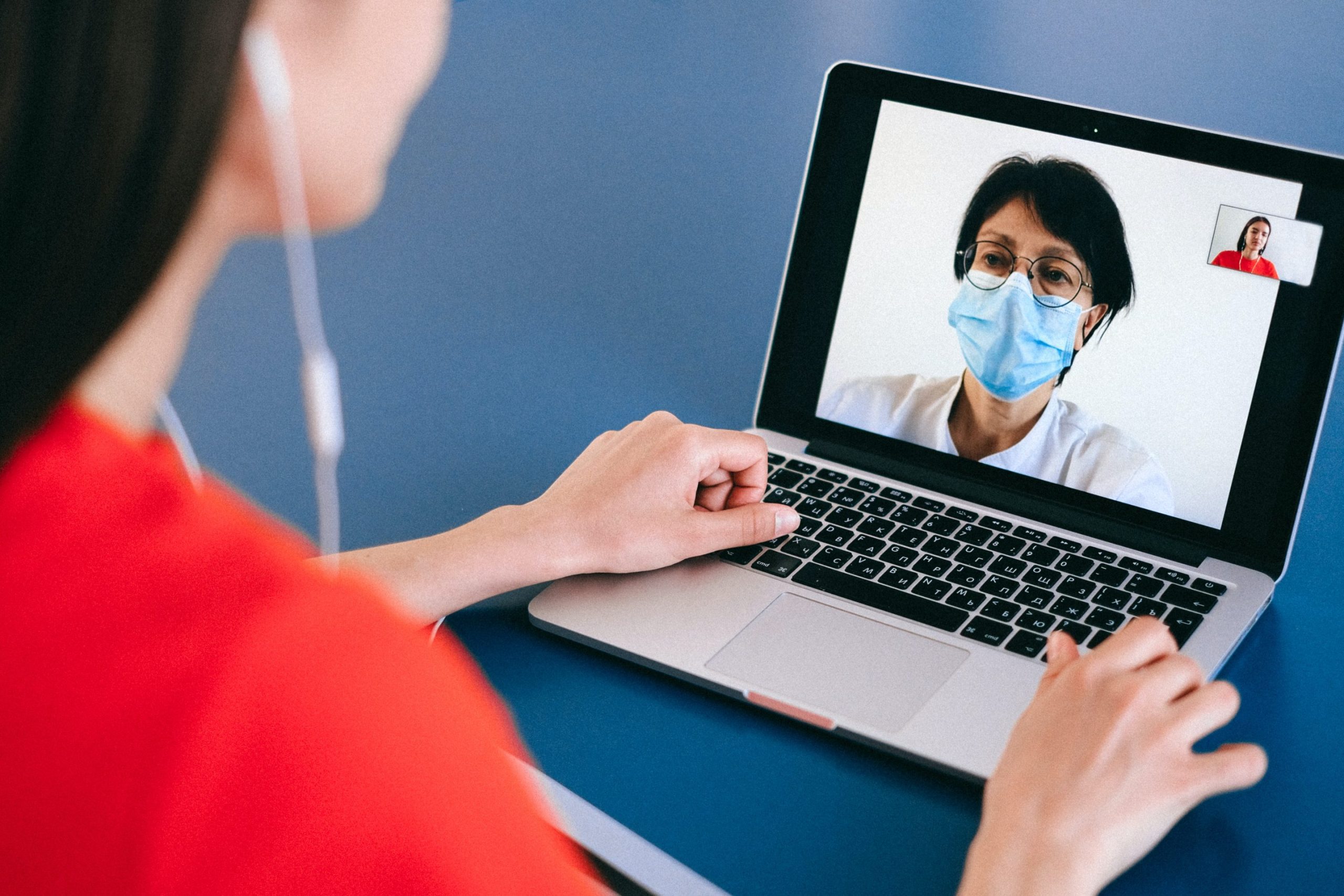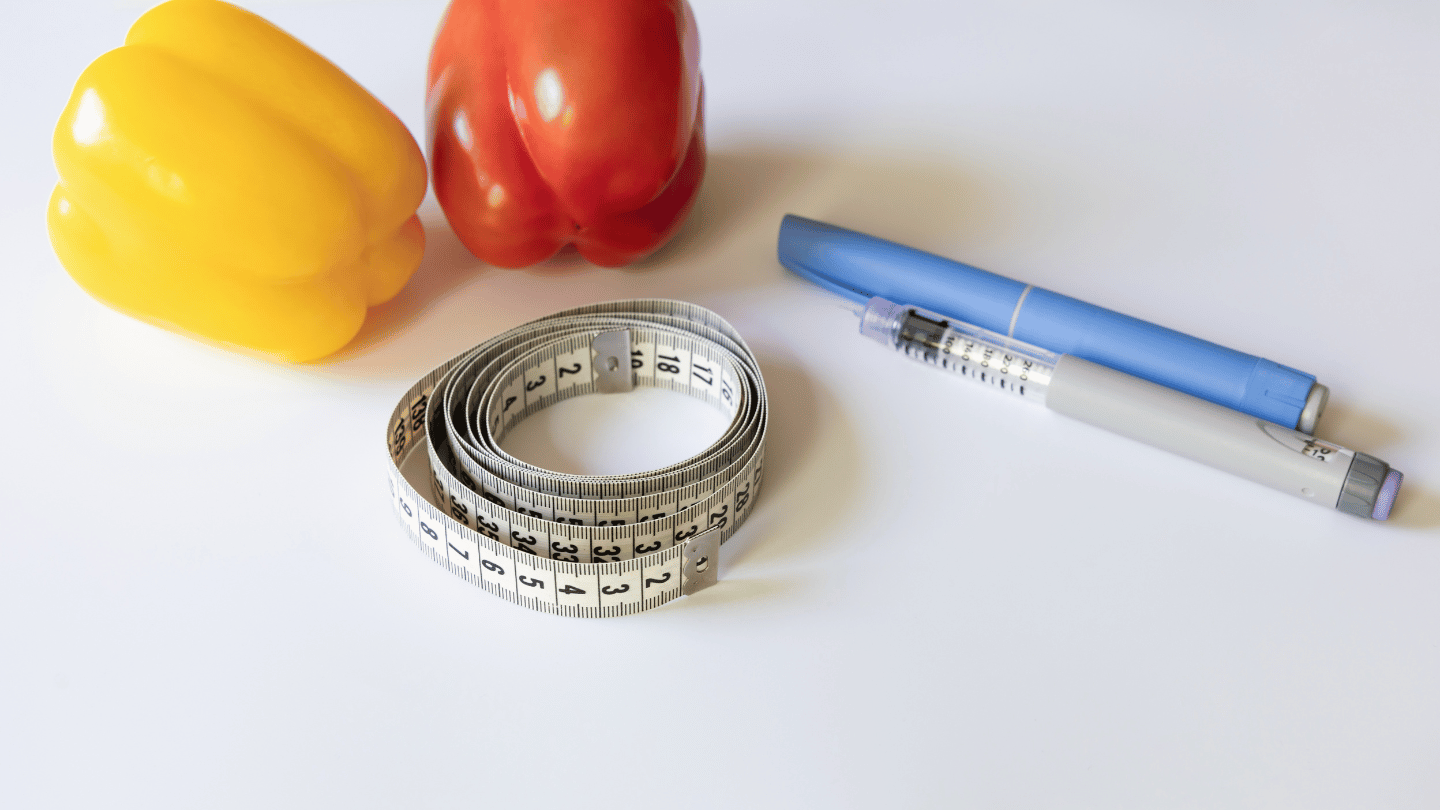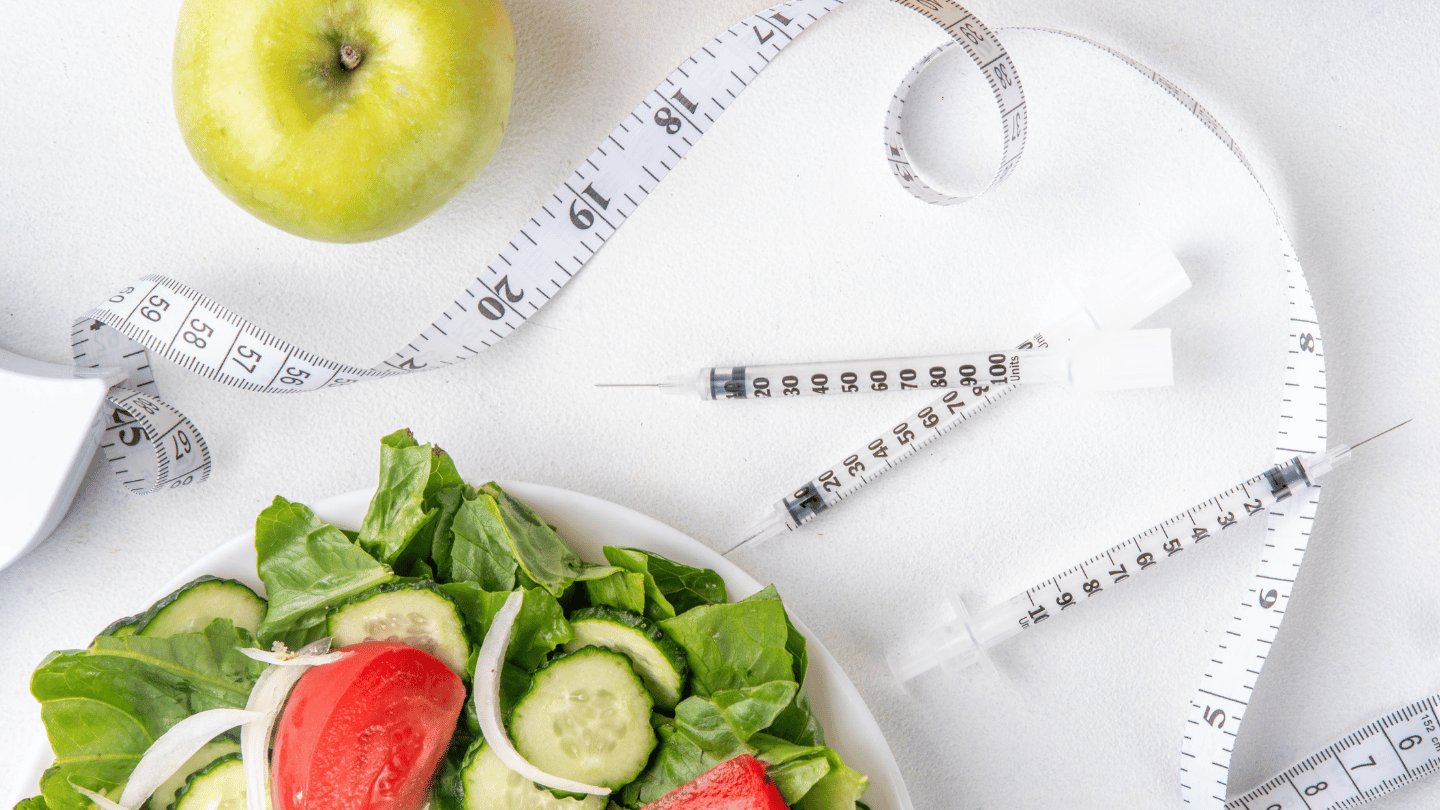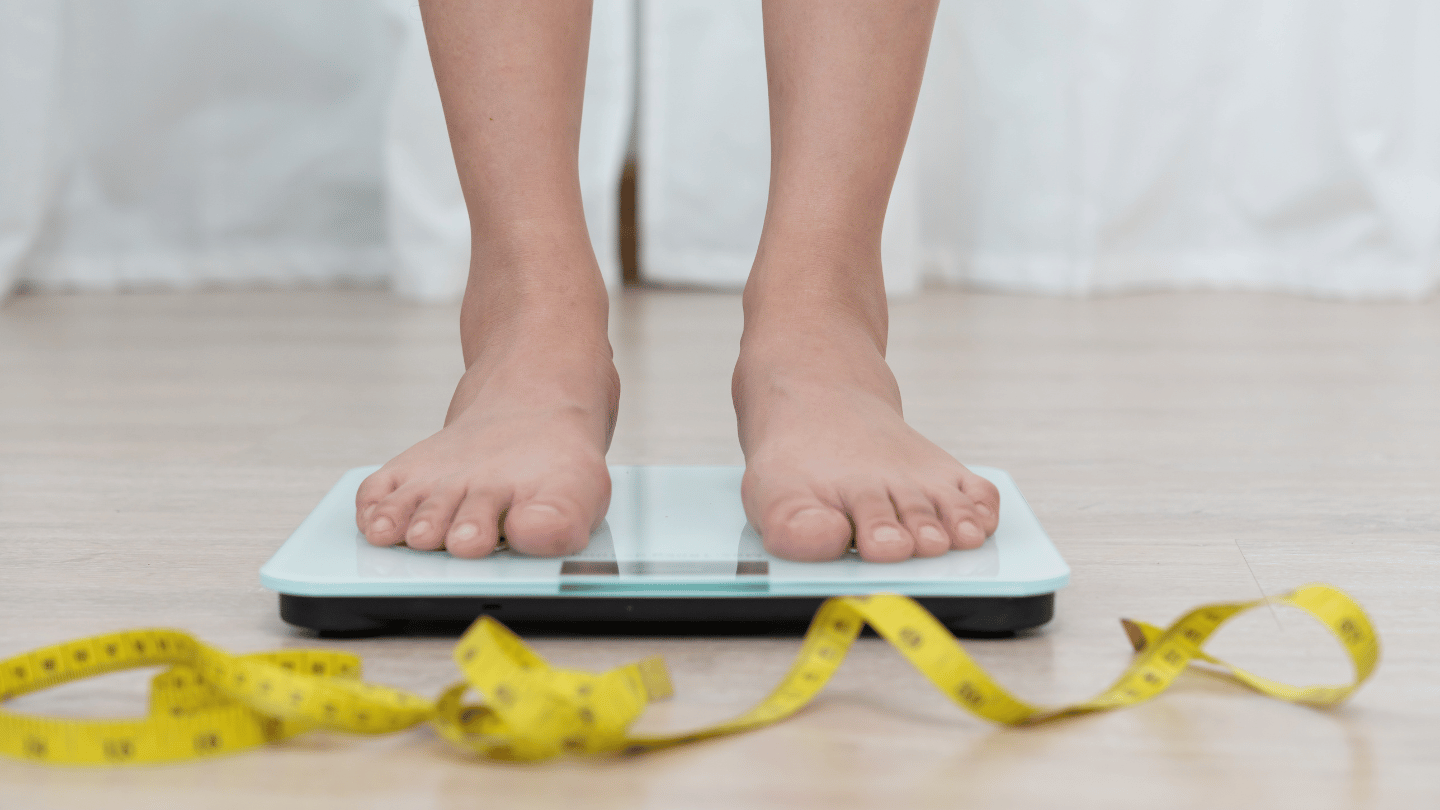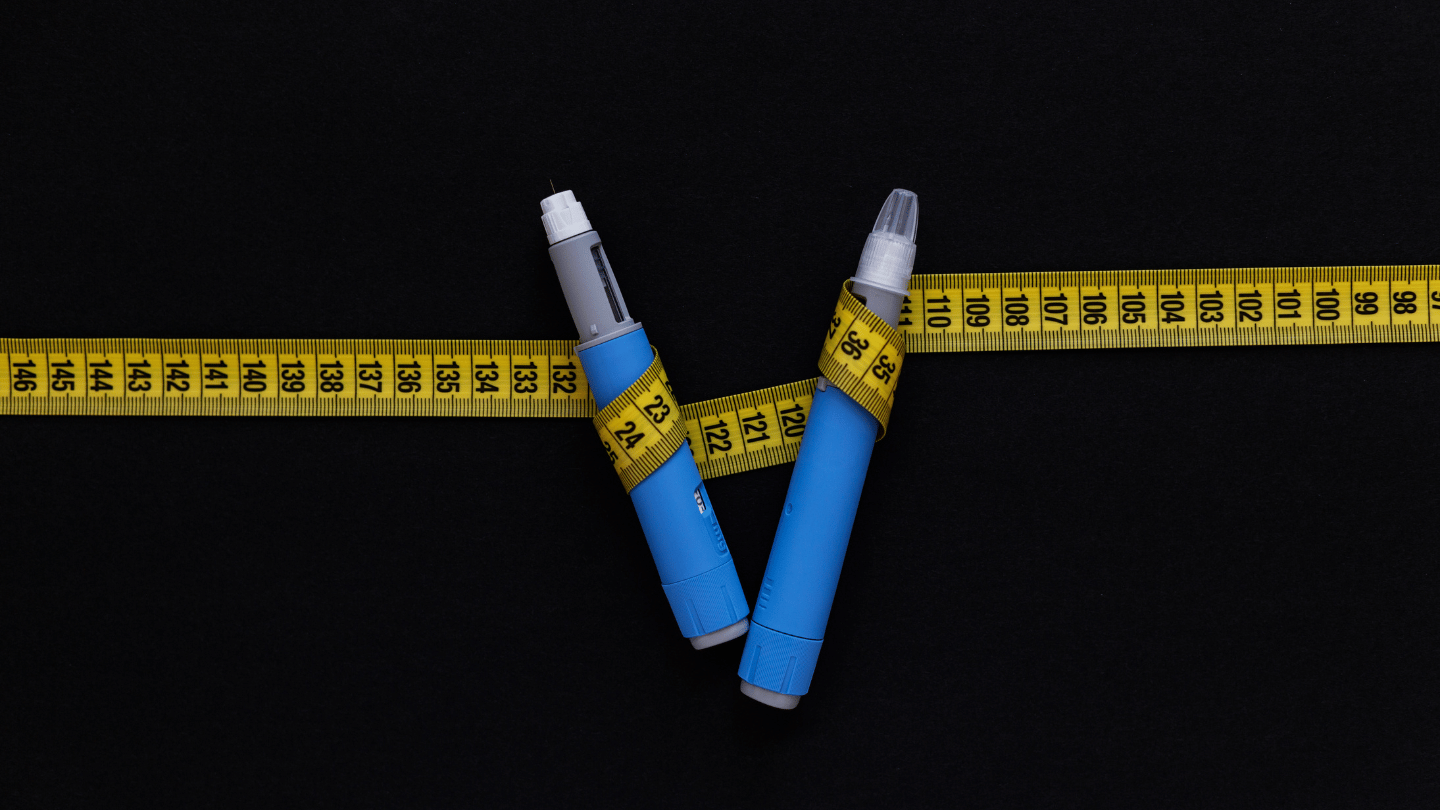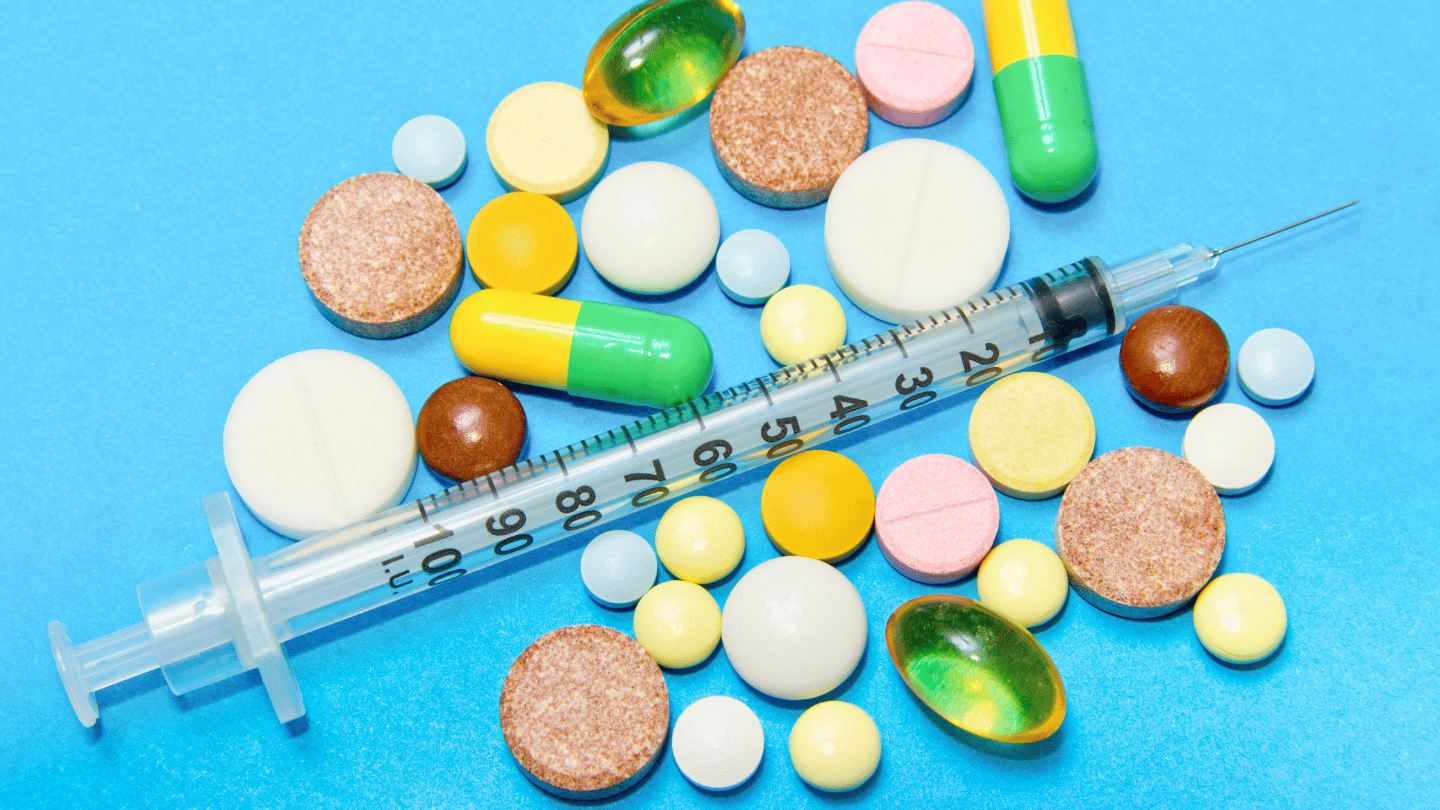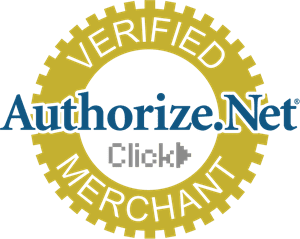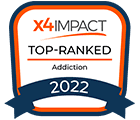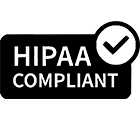High blood pressure, or hypertension, is a prevalent and potentially severe condition that can lead to heart disease and other health complications. It’s crucial to understand that there are effective ways to lower your blood pressure and keep it under control. This guide is designed to empower you with the knowledge and tools to manage your blood pressure effectively.
What is Blood Pressure?
Blood pressure is the force of blood pushing against the walls of your arteries. It is measured in millimeters of mercury (mmHg) and written as two numbers, such as 120/80. The top number (systolic) measures the pressure when your heart beats, and the bottom number (diastolic) measures the pressure when your heart rests between beats.
What is Normal Blood Pressure?
A normal blood pressure reading for adults is below 120/80. Here’s a guide to understand blood pressure levels:
- Normal: Below 120/80
- Prehypertension: Systolic 120-129 and diastolic less than 80
- High Blood Pressure Stage 1: Systolic 130-139 or diastolic 80-89
- High Blood Pressure Stage 2: Systolic 140+ or diastolic 90+
- Hypertensive Crisis: Systolic 180+ and/or diastolic 120+ (seek emergency care)
Are Blood Pressure and Weight-Related?
Yes, they are. Being overweight or obese increases your risk of high blood pressure. Body mass index (BMI) is a common way to assess whether you are overweight. A BMI between 25 and 30 is considered overweight, and over 30 is considered obese. You can calculate your BMI using an online calculator.
How to Lower Blood Pressure with Diet and Exercise
- Eat a Healthy Diet: Focus on fruits, vegetables, whole grains, and low-fat dairy. Reduce your intake of saturated fats, cholesterol, and sugar.
- Exercise Regularly: Aim for at least 30 minutes of moderate exercise, such as walking, most days of the week. Physical activity helps lower blood pressure and manage weight.
- Reduce Sodium Intake: Too much salt can raise blood pressure. Aim for no more than 1,500 to 2,300 milligrams of sodium per day.
- Limit Alcohol: Drinking alcohol can raise your blood pressure. Limit it to no more than one drink a day for women and two drinks a day for men.
- Quit Smoking: Smoking raises your blood pressure and damages your blood vessels. Quitting can improve your heart health.
Medications for High Blood Pressure
If lifestyle changes aren’t enough, your doctor may prescribe medication. Common types include:
- Diuretics: Help your kidneys remove excess salt and water from your body.
- Examples: Esidrix (hydrochlorothiazide), Lasix (furosemide)
- Beta Blockers: Reduce your heart rate and the force of your heartbeat.
- Examples: Tenormin (atenolol), Lopressor (metoprolol)
- ACE Inhibitors: Relax your blood vessels.
- Examples: Lotensin (benazepril), Zestril (lisinopril)
- Angiotensin II Receptor Blockers: Help relax blood vessels.
- Examples: Cozaar (losartan), Diovan (valsartan)
- Calcium Channel Blockers: Prevent calcium from entering the heart and blood vessel cells.
- Examples: Norvasc (amlodipine), Cardizem (diltiazem)
How Can I Get a Prescription for High Blood Pressure Medicine?
These medications require a prescription from a healthcare provider. QuickMD can help you manage your hypertension through telemedicine, offering remote consultations and prescriptions.
Managing Hypertension with QuickMD
QuickMD can help you manage your hypertension remotely through telemedicine. Our services include counseling and prescription refills. To get started, contact a QuickMD provider today.
Need help managing high blood pressure? Visit QuickMD today to schedule your telemedicine appointment and get expert guidance and treatment.



